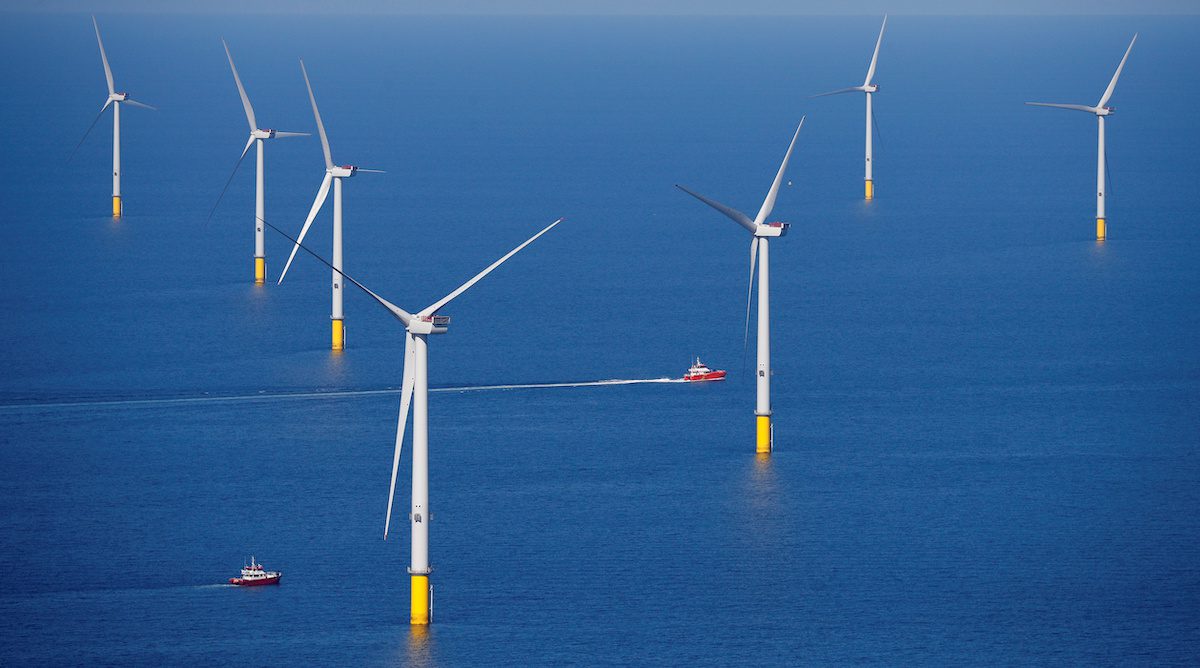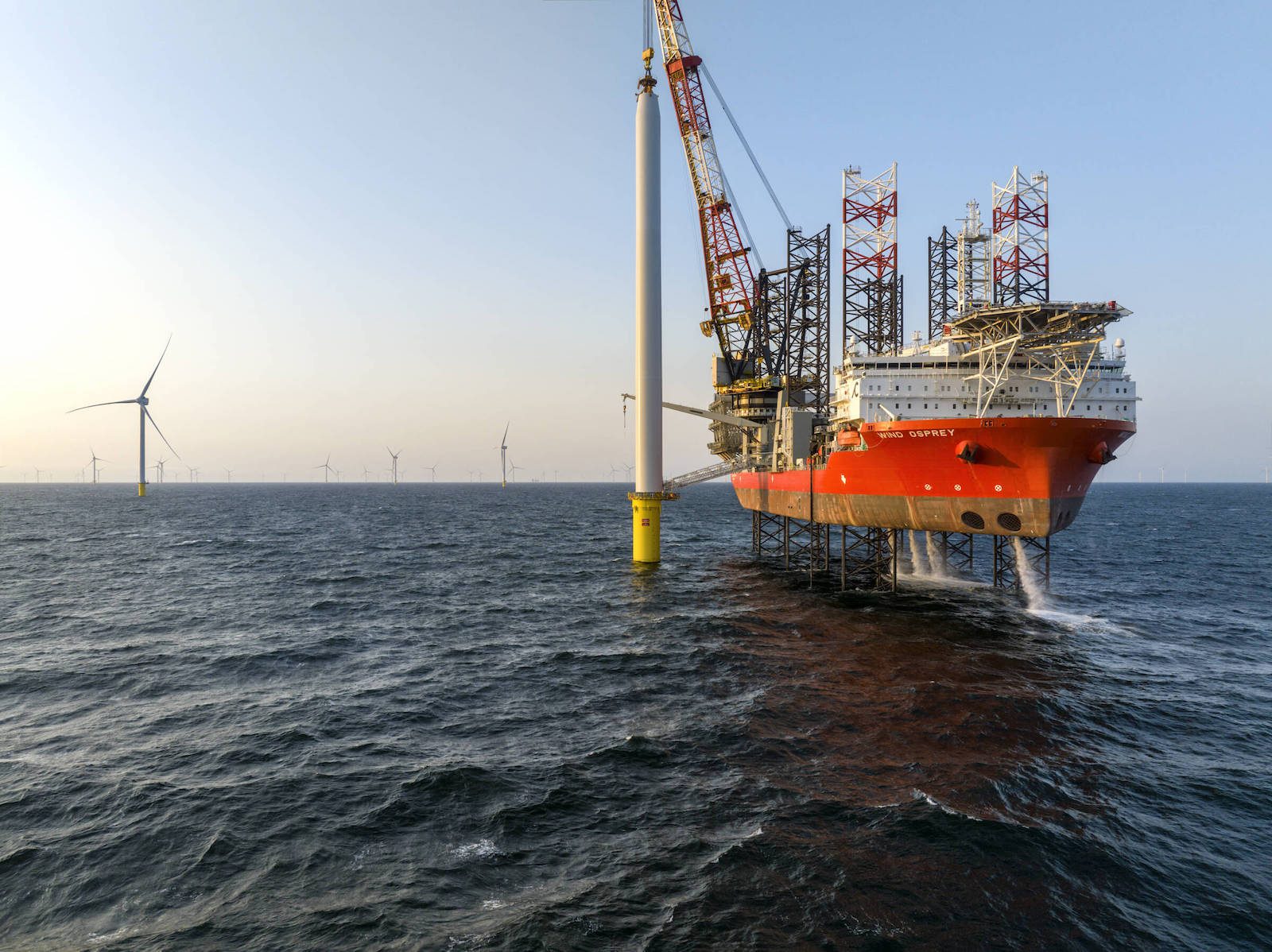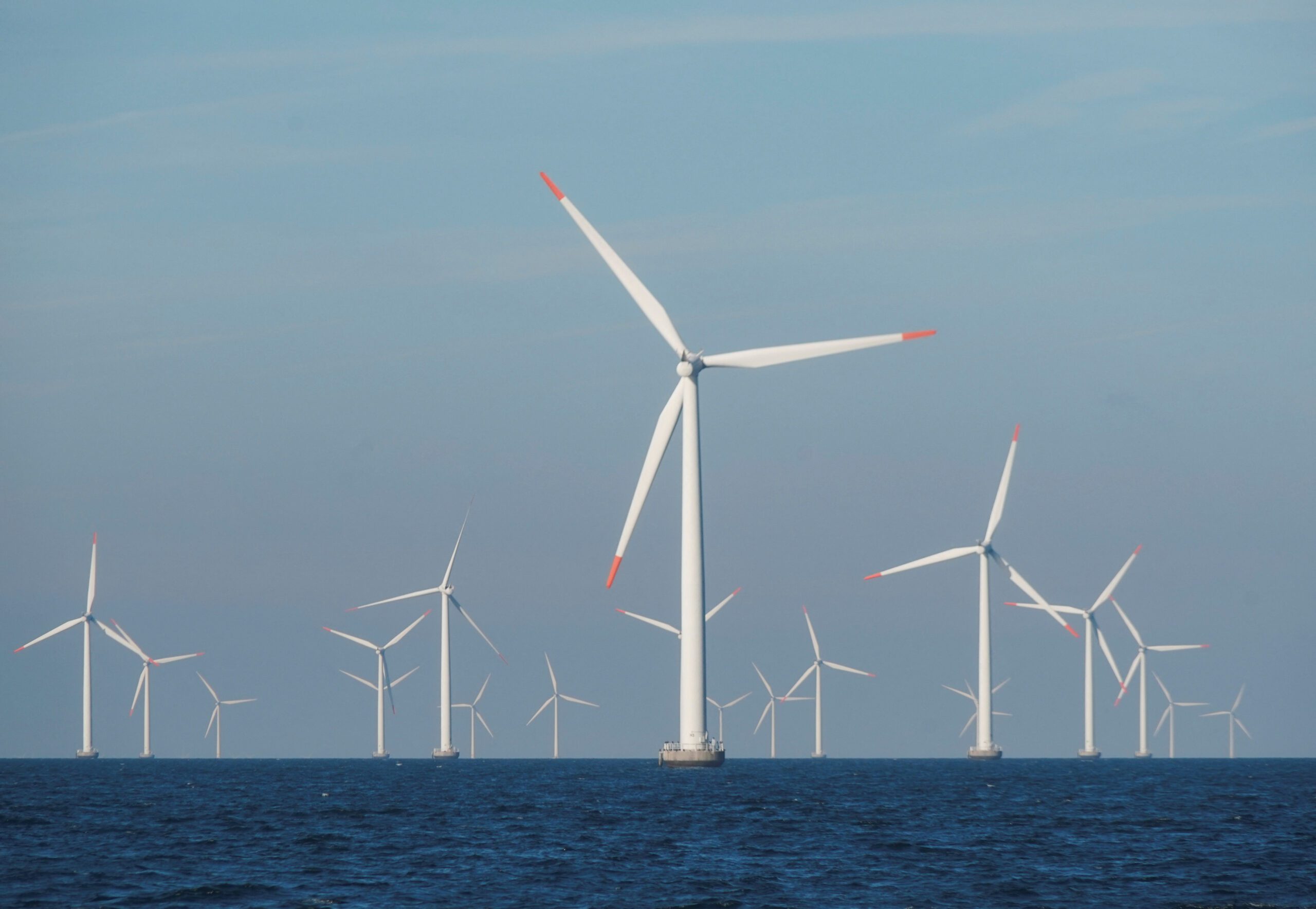By William Mathis 2(Bloomberg) —
Britain’s renewable power industry will sit down with the Treasury on Friday to air grievances over the UK’s decision to slap a windfall tax on low-carbon power generators.
Bosses of some of the UK’s biggest power producers will meet with Treasury officials to discuss the tax on what the government calls “excess profits” announced Thursday by Chancellor of the Exchequer Jeremy Hunt, according to people familiar with the matter who asked not to be named because the meeting is private. The tax threatens to curb investment in a sector that’s vital to shifting the UK away from a dependence on fossil fuels.
The renewables industry is particularly aggrieved by a perception that a better deal is being offered to oil and gas companies, which can benefit from an investment allowance that encourages new production in the North Sea. In the first three years of the windfall tax, the Treasury forecasts it will raise over 20% more revenue from low-carbon power producers than from the oil and gas sector, though fossil-fuel companies could end up paying more over the full lifetime of the measure depending on market prices.
“I do not understand why renewables are being taxed at similar levels to oil and gas and those businesses are being given added incentives to invest in even more fossil fuels,” Keith Anderson, chief executive officer of Iberdrola SA’s ScottishPower unit, said in a statement. “It seems it’s a recession made by gas, but a recovery to be paid for by renewables.”
The measure will place a 45% tax on any income from lower-carbon power sold for more than £75 per megawatt hour. That’s less than half the average wholesale price this year, but far above levels that were normal before the current energy crisis.
The measure won’t apply to producers that have government contracts to sell power at fixed prices. Companies can also offset their tax burden by deducting investment costs from their corporation tax.
The meeting Friday morning is set to include CEOs from SSE Plc and Drax Group Plc as well as the UK heads of Danish wind giant Orsted A/S and Germany’s RWE AG.
SSE CEO Alistair Phillips-Davies said in a statement that the company looks forward to hearing more from government about how it will support the investment in clean energy the UK requires to cut its dependence on costly imported gas. Tom Glover, country chair of RWE UK, was critical of the measure.
“Interventions on this scale undermine the basis on which investors fund renewable projects in the UK,” Glover said in a statement. “Undermining investor confidence will make it harder for the UK to deliver its net-zero decarbonisation commitments, UK energy supplies will be less secure and UK customers will ultimately pay more in the long run.”
The reasoning behind the measure is that low-carbon generators can sell electricity at market prices set by natural gas plants without having to pay higher costs for fuel.
The windfall tax is set to be in place until 2028. That’s longer than a similar measure in the European Union, which could push investment toward the continent in the coming years.
“It must be remembered that significant investment is needed in the UK power system to avoid climate catastrophe and reach energy independence in the UK,” said Sam Hollister, head of markets and engagement at LCPLane Clark & Peacock LLP. “Targeting established investors through the ‘Electricity Generator Levy’ could have a significant impact in meeting those ambitions, both directly and indirectly through harming investor confidence.”
© 2022 Bloomberg L.P.

 Join The Club
Join The Club











